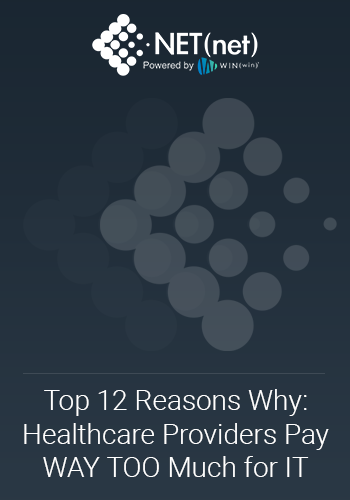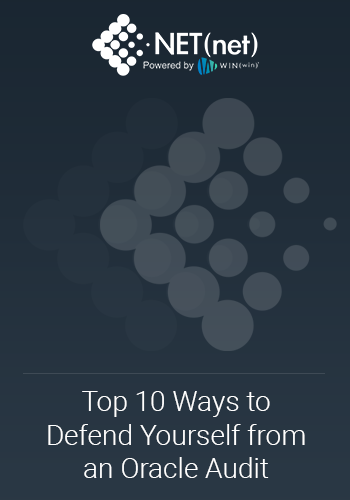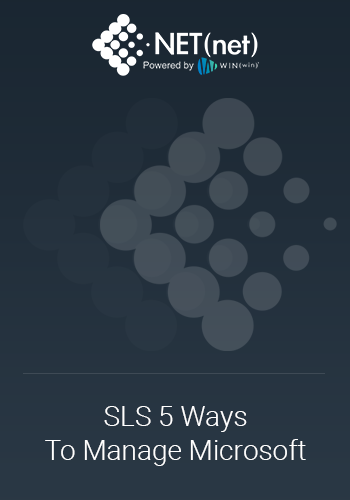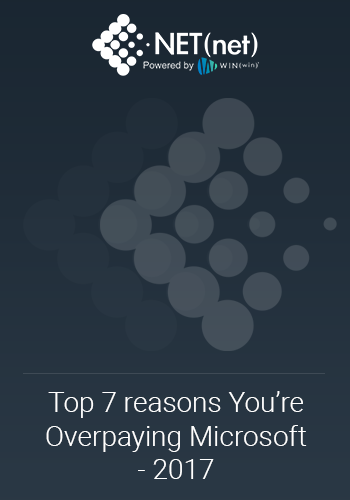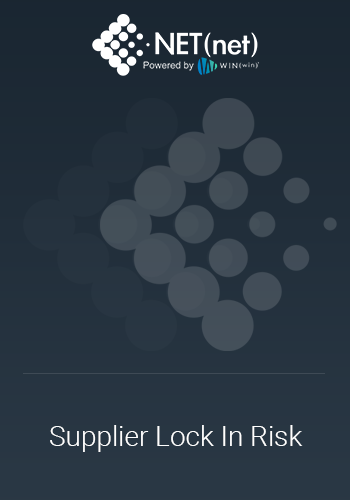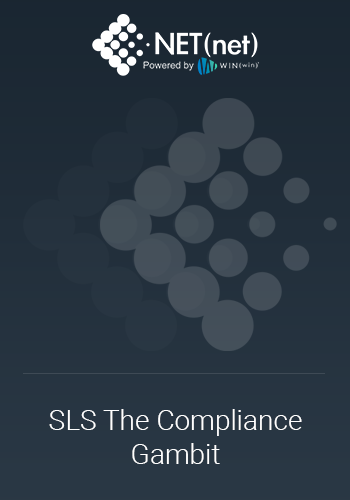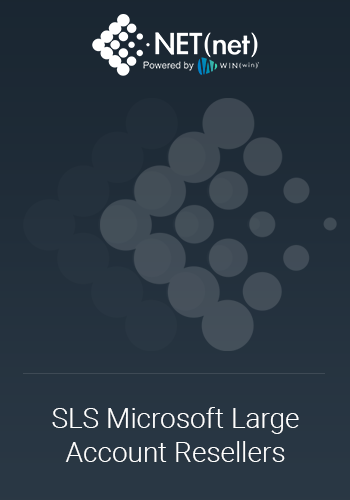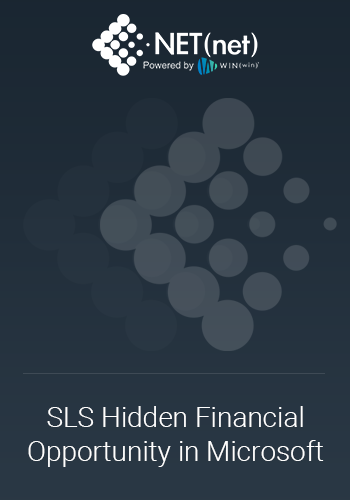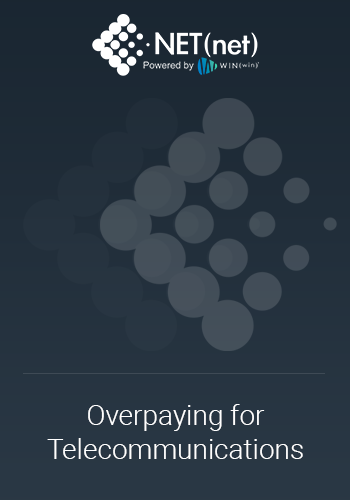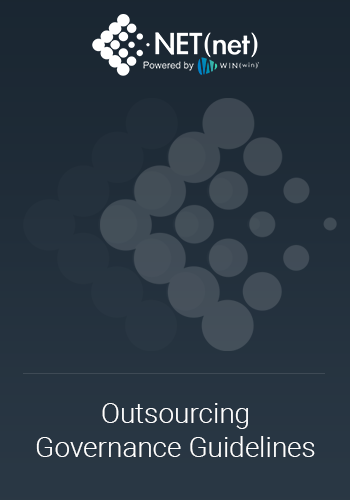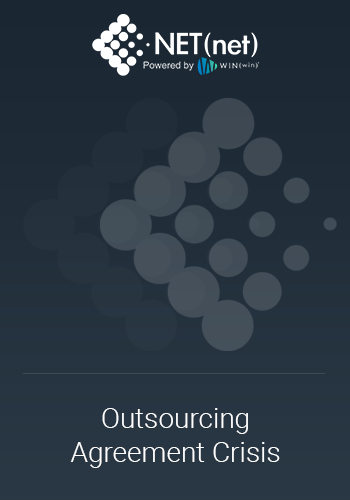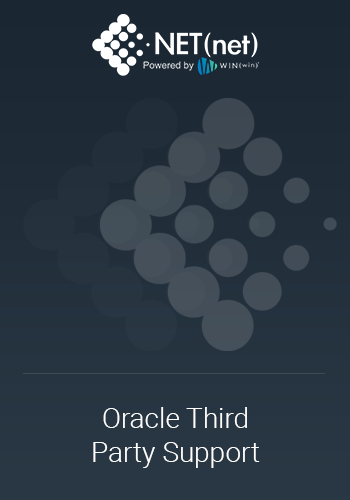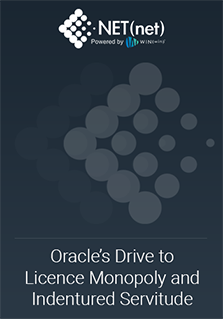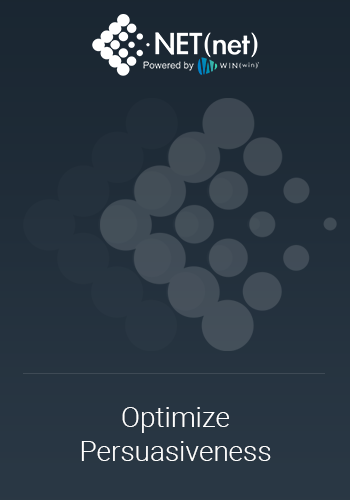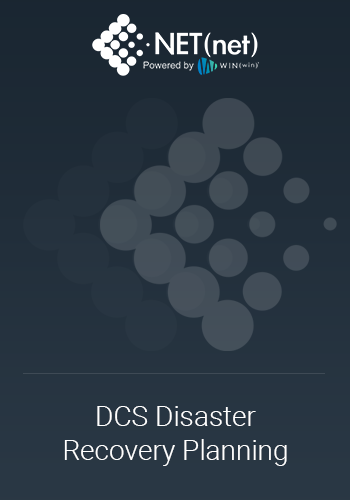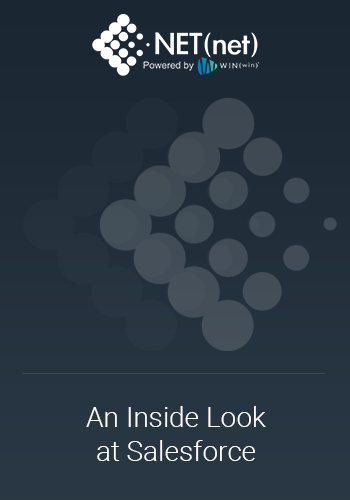Oracle in hunt for new money
With Oracle Cerner integration going slowly, and as expected most valuable and highly skilled resources are leaving the organisation, the Cerner acquisition has not delivered (yet) the value Oracle has been expecting so far. See our post from 2021 on this topic here.
So, what can you do and what do you need to know?
Increase the annual YoY price increase on core products to a minimum of 8%.
In an economic tide, where clients are creaming for cost optimizations Oracle, has increased their starting position for support renewals to an 8% YoY increase.
Only when a client would be committing to new business of the same value, is Oracle is willing to negotiate the YoY increase.
The net effect, Client will be spending at least 8-10% more on Oracle contracts, whether they like it or not. The cost for maintaining these on-premise product has not materially increased as the focus is more on Cloud and Cloud only.
Change License Metric on Oracle JAVA and go on a fishing trip
Another area where Oracle is on a fishing trip, is JAVA. Oracle Java is a widely used programming language that powers many applications across various platforms and industries. However, Oracle has changed its licensing model for Java SE (Standard Edition) in 2019 and 2021, and has introduced another change in 2023 that will make customers pay more for less.
What are the main changes?
The main changes are:
- Oracle has stopped providing free public updates to Java 8, which is the most popular version of Java SE. Customers who wanted to keep using Java 8 or later versions had to buy a commercial license or look for an alternative solution that may not be compatible or secure since 2019
- -Oracle has introduced a new LTS (Long Term Support) release schedule for Java SE every two years, which means that customers will have to upgrade more frequently to get the latest features and security updates. This will create more hassle and disruption for customers who have to maintain their applications and systems.
- As of January 23, 2023, Oracle changed its subscription licensing model from the Java SE Subscription to the Java SE Universal Subscription, which means that instead of licensing based on processors or named users, Oracle will license based on an Enterprise Metric - the employee count of an organization. This will result in a huge increase in the cost of Java SE licenses for many customers who may not even use Java SE extensively.
The main change lies in the changed license metric:
Employee for Java SE Universal Subscription: is defined as (i) all of Your full-time, part-time, temporary employees, and (ii) all of the full-time employees, part-time employees and temporary employees of Your agents, contractors, outsourcers, and consultants that support Your internal business operations. The quantity of the licenses required is determined by the number of Employees and not just the actual number of employees that use the Programs.
For these Java SE Universal Subscription licenses, the licensed quantity purchased must, at a minimum, be equal to the number of Employees as of the effective date of Your order. Under this Employee metric for Java SE Universal Subscription Programs(s), You may only install and/or run the Java SE Universal Subscription Program(s) on up to 50,000 Processors, If Your use exceeds 50,000 Processors, exclusive of Processors installed and/or running on desktop and laptop computers, You must obtain an additional license from Oracle.
Processor: shall be defined as all processors where the Oracle Programs are installed and/or running. Programs licensed on a processor basis may be accessed by Your internal users (including agents and contractors) and by Your third party users. The number of required licenses shall be determined by multiplying the total number of cores of the processor by a core processor licensing factor specified on the Oracle Processor Core Factor Table which can be accessed at http://oracle.com/contracts. All cores on all multicore chips for each licensed Program are to be aggregated before multiplying by the appropriate core processor licensing factor and all fractions of a number are to be rounded up to the next whole number. When licensing Oracle Programs with Standard Edition 2, Standard Edition One or Standard Edition in the product name (with the exception of WebCenter Enterprise Capture Standard Edition, Java SE Subscription, Java SE Universal Subscription, Java SE Advanced, and Java SE Suite), a processor is counted equivalent to an occupied socket; however, in the case of multi-chip modules, each chip in the multi-chip module is counted as one occupied socket. For example, a multicore chip based server with an Oracle Processor Core Factor of 0.25 installed and/or running the Program (other than Standard Edition One Programs or Standard Edition Programs) on 6 cores would require 2 processor licenses (6 multiplied by a core processor licensing factor of .25 equals 1.50, which is then rounded up to the next whole number, which is 2). As another example, a multicore server for a hardware platform not specified in the Oracle Processor Core Factor Table installed and/or running the Program on 10 cores would require 10 processor licenses (10 multiplied by a core processor licensing factor of 1.0 for ‘All other multicore chips’ equals 10)
What are the impacts on the customers?
- Customers will face higher costs, security risks, and limited options as a result of the Oracle Java license change. Customers who rely on older versions of Java SE that are no longer updated or patched by Oracle will be vulnerable to hackers and malware that could steal their data and damage their systems. Customers who want to use newer versions of Java SE will have to pay exorbitant fees or migrate their applications to a different platform or provider that may not offer the same functionality, performance, compatibility, or support.
- Customers will have to manage their Java SE licenses deployment more carefully and diligently to avoid being hit by an Oracle license claim.
A single user may cause the entire enterprise population to require a license.
Even worse is that external resources that are hired for staff augmentation or outsourced service provider employees are counted as eligible for a Employee license, whereby the Service Provider also has a obligation to license their employees. In this way Oracle is double dipping on their already extreme JAVA cost impact for organisations.
Limiting discounts being given to clients for new demand
Next to the above behaviour we see Sales being instructed to be more reluctant to give substantial discounts for new demand. This however varies by sales team and region, but seems to be a new trend developing.
Summary:
Oracle is seeking ways to fill the gap that disappointing Cloud Services and Cerner Spend is leaving and is exploring new tactics that are directly on the back of their existing Client.
Only right advice for Oracle clients is to ensure they become not dependent of Oracle and have an alternative at hand to replace Oracle entirely when Oracle is applying the above tactics to client.
Call us if you have ANY questions on what you should know about Oracle around renewals, new purchases, M&A activity or any other questions...
About NET(net)
Founded in 2002, NET(net) is the world’s leading IT Investment Optimization firm, helping clients find, get, and keep more economic and strategic value in their technology supply chains. Over the last 20 years, NET(net) has influenced trillions of investment, captured hundreds of billions of value, and has helped clients cost and value optimize XaaS, Cloud, Hardware, Software, Services, Healthcare, Outsourcing, Infrastructure, Telecommunications, and other areas of IT spend. NET(net) has the experience you want, the expertise you need, and delivers the performance you demand and deserve. Contact us at info@netnetweb.com, visit us online at www.netnetweb.com, or call us at +1 (616) 546-3100 to see if we can help you capture more value in your IT investments, agreements, deployments, and relationships.
NET(net)’s Website/Blogs/Articles and other content is subject to NET(net)’s legal terms, offered for general information purposes only, and while NET(net) may offer views and opinions regarding the subject matter, such views and opinions are not intended to malign or disparage any other company or other individual or group.

